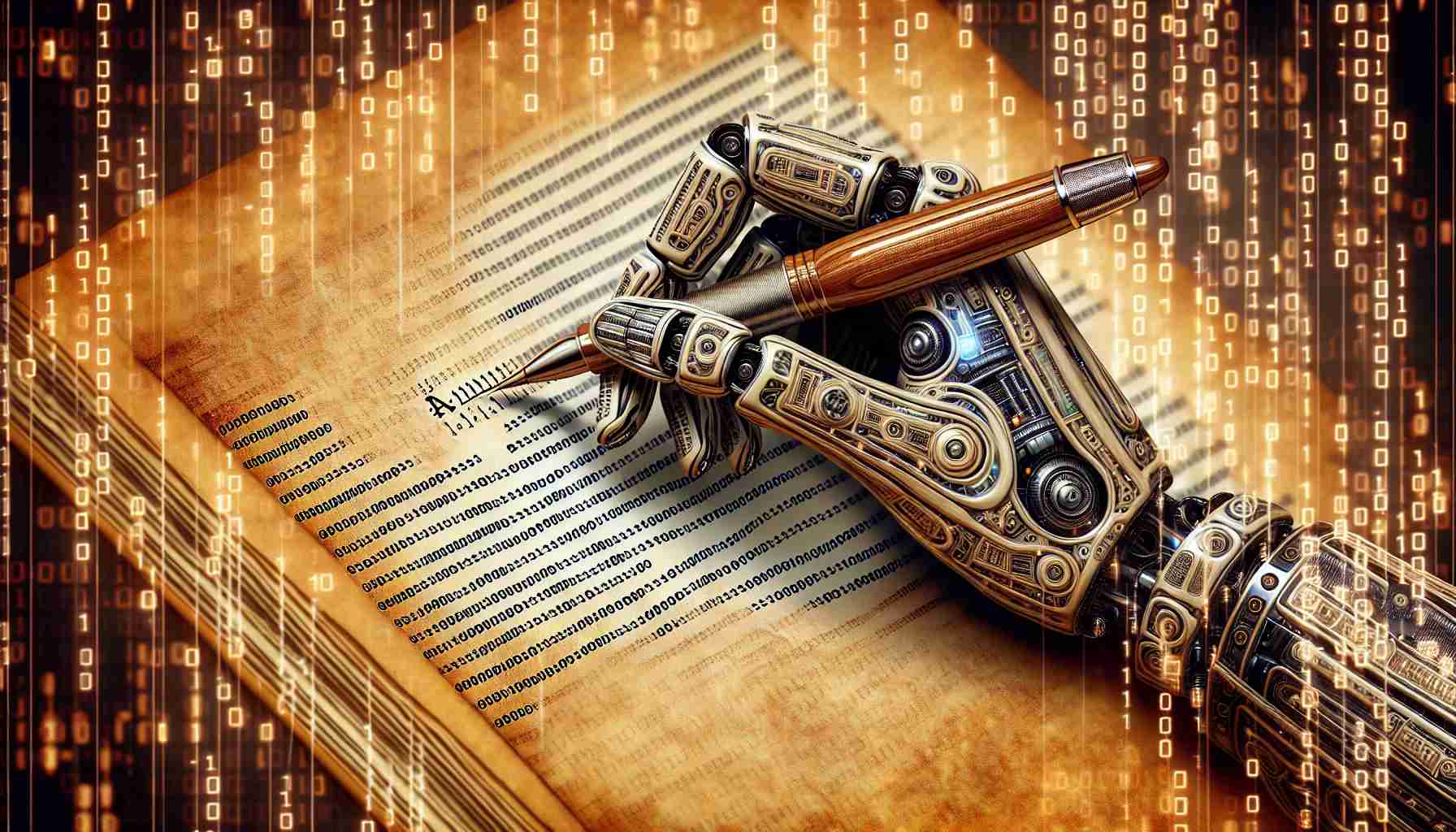Covid-19 hastened the event of ART exams, which have grow to be a staple technique of diagnosing the illness in households around the globe. Image: Pixabay
When biochemist Kary Mullis invented the polymerase chain response (PCR) check virtually 40 years in the past, little did he think about his invention can be a life-saver throughout probably the most catastrophic pandemic of the up to date period.
When Covid-19 first began spreading in early 2020, PCR exams grew to become probably the most generally recognised exams for the coronavirus. PCR pushed the boundaries of medical diagnostics, taking part in a vital function in screening, diagnosing and containing the unfold of the illness.
The pandemic additionally introduced diagnostics into the limelight extra typically. Covid-19 demonstrated the significance of entry to sturdy, numerous diagnostics infrastructure with a purpose to deal with substantial challenges to healthcare and society, in accordance with a latest report by the EU-ASEAN Business Council entitled “Transforming Diagnostic Access: A Roadmap for ASEAN”.
The report lays out suggestions for entities in the private and non-private sectors to think about adopting higher diagnostics with a purpose to enhance and bolster healthcare programs throughout ASEAN.
The driving pressure behind the report was the way in which during which Covid-19 put diagnostics entrance and centre, with antigen speedy exams (ARTs) making their method into properties all over the place, Chris Humphrey, Executive Chairman on the EU-ASEAN Business Council informed GovInsider in an interview.
“Governments have learned invaluable classes by means of Covid-19, and they’re now definitely a lot better ready by way of understanding what they’ll and may’t do to attempt to cease a future pandemic, it doesn’t matter what that pandemic may be,” he stated.
They have learned to ramp up testing capability, as an illustration. Humphrey stated that though no exams have been obtainable throughout the early phases of Covid-19, exams have been finally in a short time rolled out all through the world.
Addressing gaps
Although Covid prompted a speedy growth of testing and surveillance capabilities, he stated extra wanted to be completed at a coverage stage to make sure folks had sustainable entry to diagnostics.
Dr Looi Lai Meng, a Pathologist on the University of Malaya Medical Centre, stated having policymakers interact in discussions on growing important diagnostics priorities was vital. She stated policymakers wanted to have trustworthy conversations about what sorts of diagnostics have been required at totally different ranges and what motion plans must be put in place.
Dr Looi was talking on the launch webinar occasion for the EU-ASEAN Business Council’s diagnostics report, and at present sits on the Lancet Commission on Diagnostics.
Since 2018, the World Health Organization has issued an annual important diagnostics checklist, a set of advised in-vitro diagnostics that must be supplied on the level of care and in laboratories in all nations with a purpose to increase immediate, life-saving diagnoses.
Referring to the checklist, fellow occasion speaker Lance Little, Managing Director of Roche Diagnostics Asia-Pacific, stated: “I want to see nations, and us, pushing the narrative round what are the vital exams wanted at what level of time.”
Improving capability and adopting know-how for widespread advantages is one other name to motion for policymakers, Dr Looi stated, including that governments wanted to put money into folks with the capability and functionality to undertake and innovate with new applied sciences.
She additionally stated the standard of diagnostics was vital, and that policymakers shouldn’t overlook that. “In this large rush to develop diagnostics, produce and ship it to folks, don’t let it fall flat on its face,” she stated. “Make certain there may be high quality hooked up to it and don’t short-change high quality assurance programmes and checks.”
But high-quality diagnostic applied sciences are sometimes not accessible, inexpensive or designed to be used in lots of low- and middle-income nations.
Policymakers would possibly have different, extra urgent points within the well being sphere, corresponding to entry to fundamental healthcare reasonably than high-tech diagnostics, stated Martin Carkett, Policy Lead on the Tony Blair Institute for Global Change. That meant instruments corresponding to genomics have been in all probability not going to be on their agenda for some time as a result of there have been extra quick, fundamental provisions that they wished to concentrate on.
Carkett stated diagnostics ought to type part of constructing infrastructure, capabilities and the well being ecosystem as an entire, including that programs have been in place to assist growing nations. He stated it was by means of channels corresponding to support budgets that growing nations may construct their very own capabilities and capacities to deal with diagnostics themselves.
Carkett stated developed nations may present support within the type of monetary assist and technical information on diagnostics, however that such issues took time and weren’t a fast repair as a result of they have been a part of constructing whole well being ecosystems.
Other impediments
Carkett stated hefty prices and profitability seemed to be main components affecting the rollout of sturdy diagnostics strategies, and that it was obligatory to place in place the fitting incentives and industrial fashions to incentivize the pharmaceutical and life science industries to maintain growing them.
Traditionally, diagnostics has been underfunded around the globe, accounting for round simply 2 per cent of healthcare spending, Humphrey stated, nonetheless declaring the vital function they performed in healthcare.
“If you have higher diagnostics and catch illnesses earlier, you possibly can have higher focused and sometimes much less invasive remedy for the sufferers, which suggests it’s decrease prices for them and fewer of a pressure on the well being system,” he stated.
Humphrey stated that typically folks died from illnesses that have been totally curable until they weren’t detected early sufficient or in any respect.
Carkett stated diagnostics might be expensive, and that almost all governments would face fiscal constraints, however that authorities wanted more and more to think about their long-term financial advantages when weighing prices.
He additionally stated affected person behaviour affected the implementation of diagnostics, with few folks not eager to get exams, and preferring to get very sick earlier than visiting docs, which meant larger prices for healthcare programs.
He stated it was obligatory to assist change folks’s behaviour to make them extra inclined to make use of instruments corresponding to wearables to maintain a better eye on their well being and take extra private duty. He stated the Covid pandemic, for instance, had made folks considerably extra comfy with doing diagnostics corresponding to ART exams at residence.
Carkett stated a lot of the coverage focus must be on incentivising the design of “at-home diagnostics”. Doing diagnostics simply and cheaply at residence would assist stop the unfold of Covid-19 and different respiratory or infectious illnesses, and ease the burden on healthcare programs.
“We ought to benefit from that and, as a lot as attainable, attempt to push extra diagnostics,” he stated.
Resilient healthcare
Healthcare programs try to maneuver extra upstream, sustaining well being as a lot as attainable reasonably than ready for folks to fall sick and interact the system, Carkett stated. That meant that healthcare professionals have been attempting to “catch illnesses earlier and earlier”, and diagnostics have been an vital a part of that.
He cited the instance of genomics as an vital technique of determining if an individual had a predisposition to sure illnesses earlier than then ever encountered a illness. That would enable them to make sure life-style and behavioural adjustments earlier, which may cut back that predisposition.
He stated wearable units have been one other diagnostic device that might help within the detection of irregular signs, corresponding to coronary heart palpitations. Wearable applied sciences, which have skilled a growth lately, may take a look at an individual’s life-style and inform whether or not they have been extra more likely to get sure illnesses due to their life-style selections.
Carkett stated such applied sciences may assist folks grow to be extra lively and monitor their diets by means of apps, as an illustration, which he stated was a serious a part of avoiding illnesses corresponding to weight problems, diabetes and heart problems.
He added that though such applied sciences weren’t a part of diagnostics in a standard sense, they have been an vital a part of what diagnostics was in the end attempting to do by way of stopping illness onset.
Road forward
Humphrey stated know-how for diagnostics as an entire was advancing on a regular basis, with higher, extra correct exams popping out, making it attainable to higher predict the unfold of illnesses within the inhabitants.
He stated advances in know-how would additionally decrease the worth level for diagnostics, noting that when the primary computer systems have been offered, they have been costly, however that they’re now inexpensive.
Carkett stated synthetic intelligence was set to play a vital function in diagnostics, however that it’s nonetheless very early days. He stated AI may assist glean insights from huge datasets that people won’t be capable of discover, or which could take them a very long time to search out. Such insights may advance understanding of the causes of sure illnesses and the sorts of molecular signatures they could depart, whether or not they be within the blood, urine or different tissue samples.
He stated governments may play a job in these efforts by fostering and incentivising the event of AI as an business, however that in the end, the onus was on pharmaceutical corporations and life science corporations to develop new diagnostics leveraging AI.
Humphrey stated that having AI instruments in a pandemic scenario would drastically support governments in reacting faster and concentrating on illnesses, since AI may assist predict how a pandemic would unfold and the place it might unfold.
https://govinsider.asia/health/what-have-governments-learned-from-covid-19-diagnostics/




